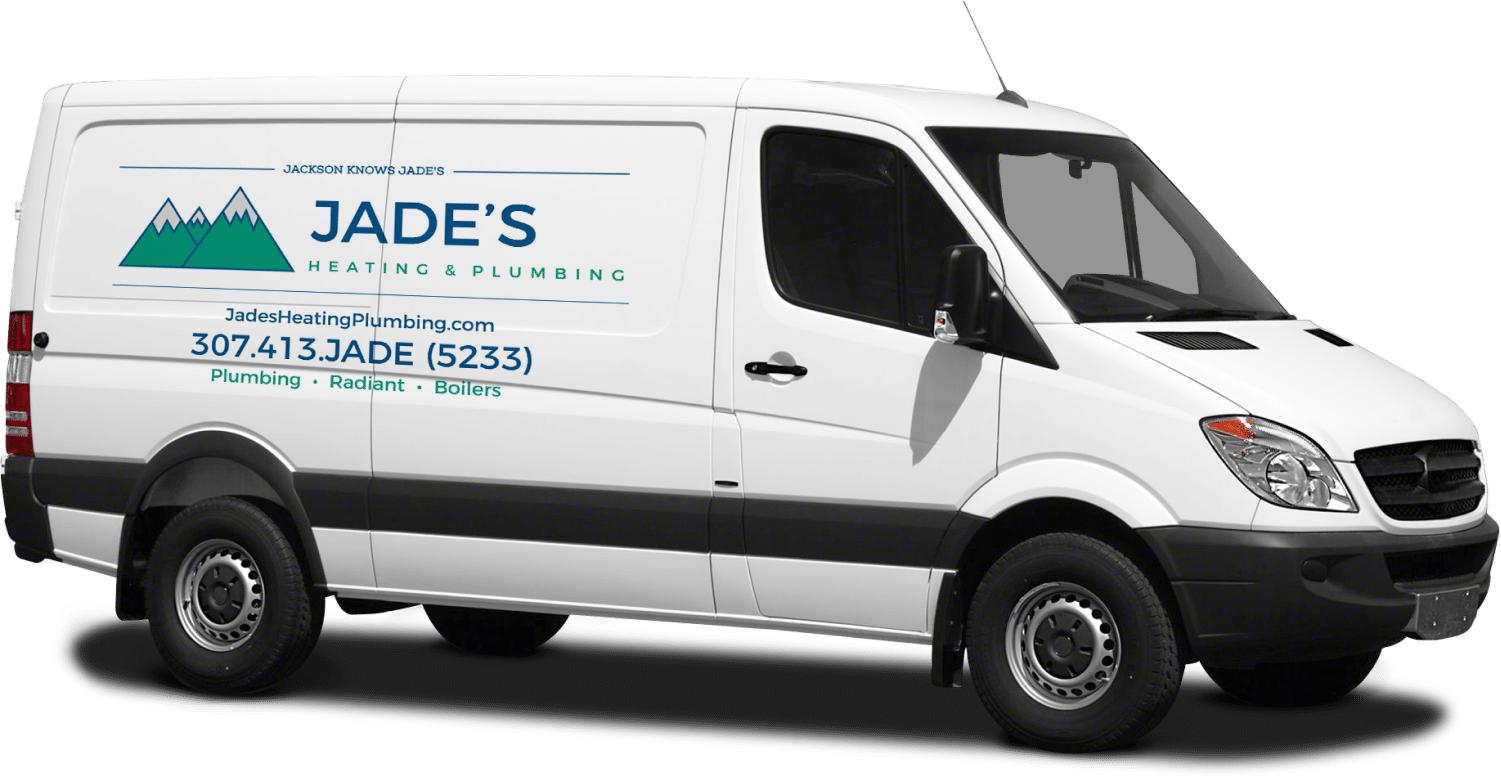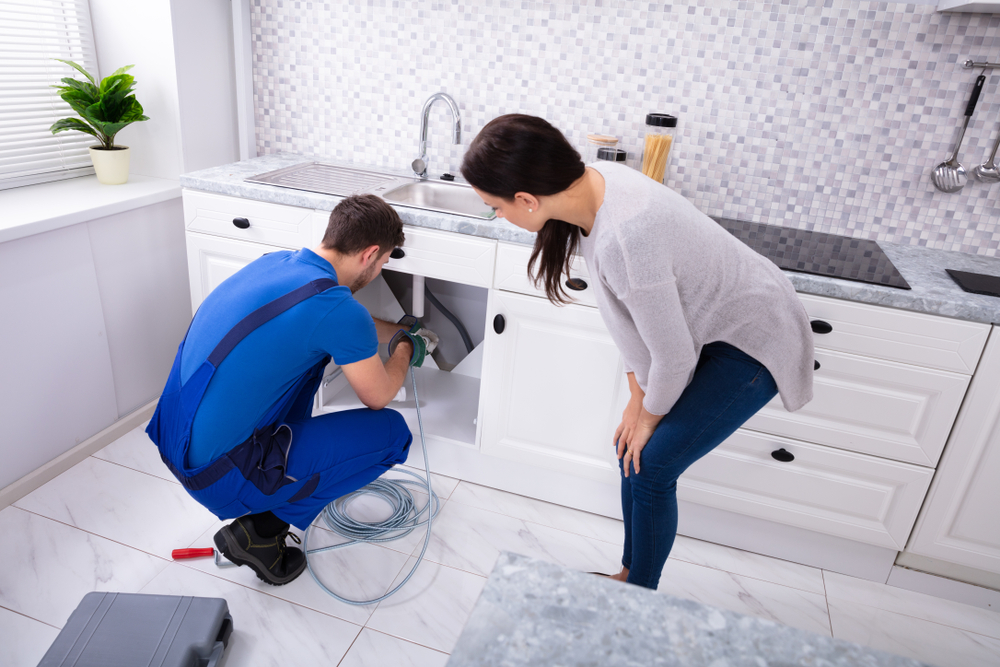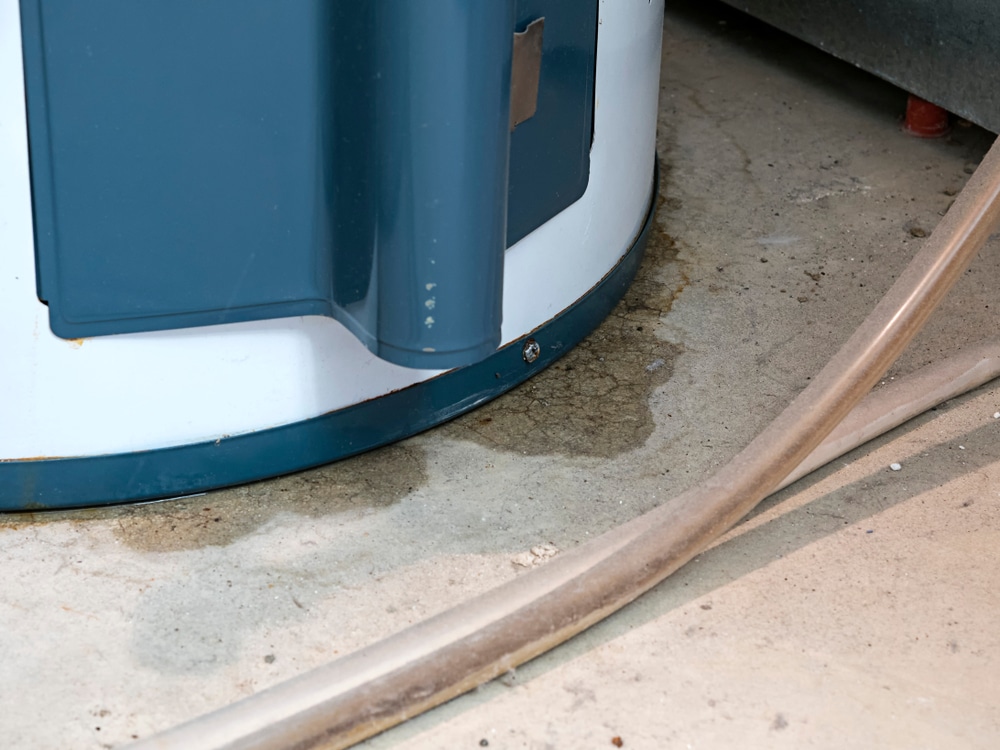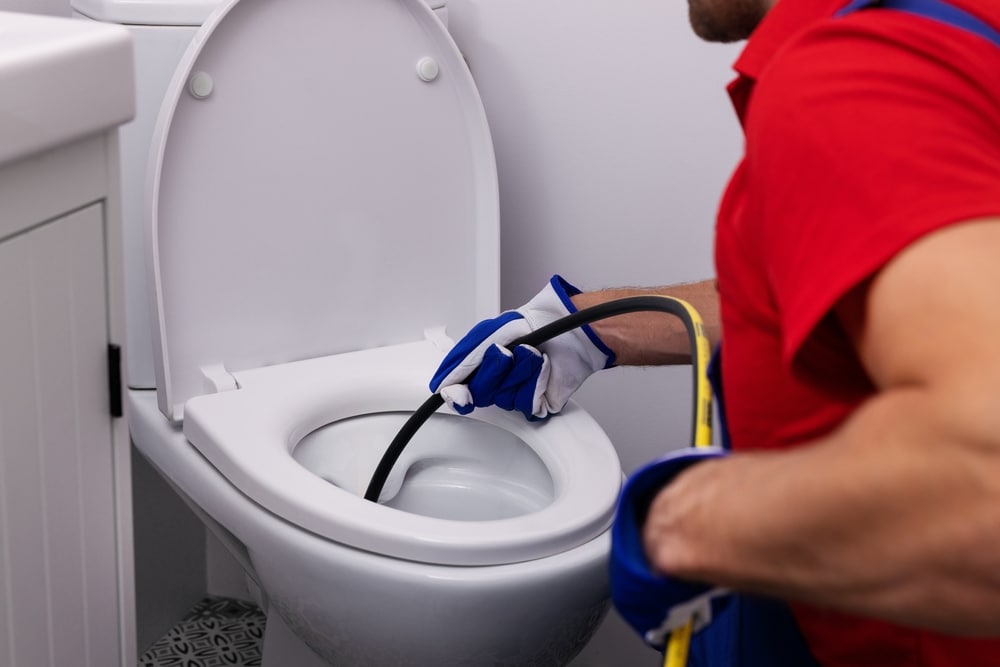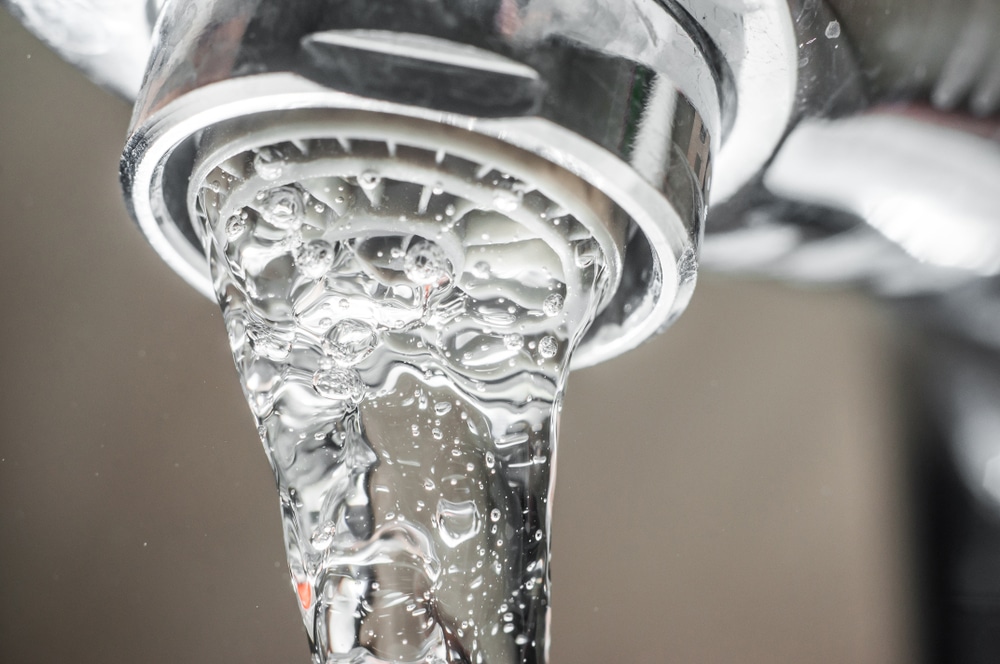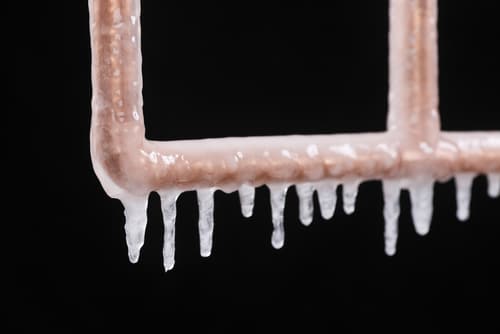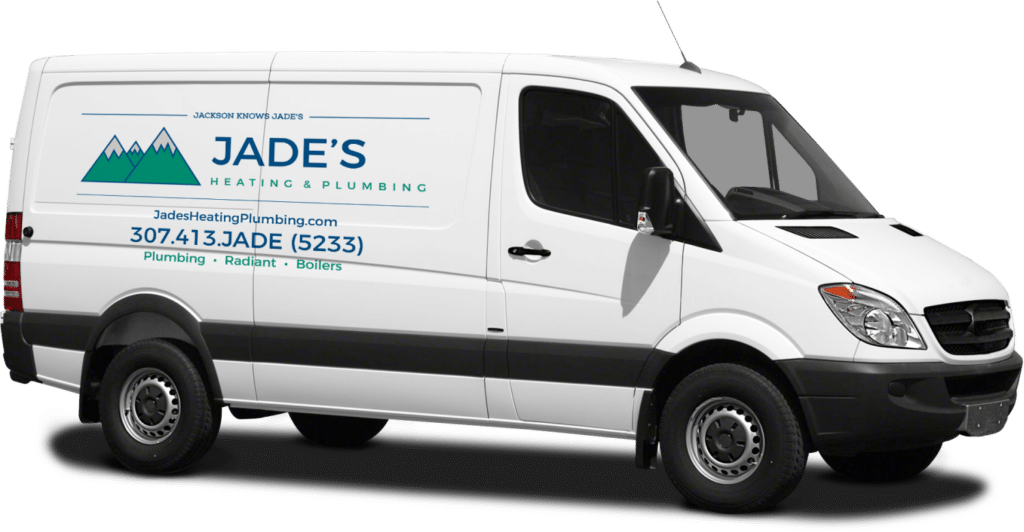Are you confused about the difference between commercial and residential plumbing? Look no further! In this article, titled ‘What is the difference between commercial and residential plumbing?’ by Jade’s Heating and Plumbing LLC in Jackson, WY, we will explore this topic in detail.
Understanding the disparities between commercial and residential plumbing is essential for both homeowners and business owners alike. While they share some similarities, such as the need for reliable water supply and drainage systems, there are key differences that set them apart.
With our years of experience in the plumbing industry, we break down these differences, providing you with valuable insights. We will explain the variations in pipe materials, fixtures, regulations, and maintenance needs between commercial and residential plumbing.
Whether you are a homeowner looking to upgrade your plumbing systems or a business owner in need of professional plumbing services, this article will give you a clearer understanding of what distinguishes commercial plumbing from residential plumbing. So, let’s dive in and unravel the complexities of commercial and residential plumbing!
Key differences between commercial and residential plumbing
When it comes to plumbing, commercial and residential buildings have distinct differences. These differences include the size and complexity of the plumbing systems, the types of fixtures used, the regulations that govern them, and the expertise required for installation and maintenance. Let’s explore these key differences in more detail.
Plumbing systems in commercial buildings
Commercial buildings, such as office complexes, shopping malls, and hotels, have larger and more complex plumbing systems compared to residential buildings. These systems are designed to accommodate a higher volume of water usage and drainage. They often require multiple water heaters, larger pipes, and more advanced drainage systems to handle the increased demand.
In commercial buildings, the plumbing systems are usually hidden behind walls, ceilings, or under the floors, making them more challenging to access and repair. Additionally, commercial plumbing systems often incorporate features such as backflow prevention devices and water pressure regulators to ensure the safety and efficiency of the water supply.
Plumbing systems in residential buildings
Residential plumbing systems, on the other hand, are generally simpler and smaller in scale compared to their commercial counterparts. They are designed to meet the needs of a smaller number of occupants and typically consist of a single water heater, smaller pipes, and basic fixtures.
In residential buildings, plumbing systems are more accessible, making maintenance and repairs easier. Homeowners may have direct access to plumbing fixtures such as sinks, toilets, and showers, which simplifies troubleshooting and maintenance tasks.
Types of plumbing fixtures in commercial buildings
Commercial buildings often require specialized plumbing fixtures to meet the needs of their occupants. These fixtures include commercial-grade sinks, toilets, urinals, and faucets that are designed to handle heavy usage. They are typically more durable and require less frequent maintenance compared to residential fixtures.
In addition to standard fixtures, commercial buildings may also have specialized plumbing features such as grease traps in restaurants, eyewash stations in laboratories, and multiple water outlets for manufacturing processes. These additional fixtures require specific expertise for installation and maintenance.
Types of plumbing fixtures in residential buildings
Residential buildings primarily use standard plumbing fixtures that are designed for residential use. These fixtures include sinks, toilets, showers, and faucets that are readily available for residential applications. However, homeowners can still choose from a wide variety of styles and designs to suit their preferences.
While residential fixtures may not be as robust as commercial fixtures, they are often more affordable and easier to replace. Homeowners also have the flexibility to upgrade their fixtures to enhance the aesthetics and functionality of their homes.
Plumbing codes and regulations for commercial buildings
Commercial plumbing systems are subject to stricter regulations and codes compared to residential systems. These regulations ensure the safety and efficiency of plumbing systems in commercial buildings. Compliance with these codes is crucial to avoid penalties and potential hazards.
Commercial plumbing codes may cover aspects such as pipe sizing, drainage requirements, backflow prevention, and accessibility standards. It is essential to work with experienced commercial plumbers who are familiar with these codes and can ensure that your plumbing systems meet all the necessary requirements.
Plumbing codes and regulations for residential buildings
Residential plumbing systems are also governed by codes and regulations, although they may not be as stringent as those for commercial buildings. These codes address issues such as pipe material, fixture requirements, and proper venting to prevent sewer gas from entering the home.
While homeowners may have more flexibility in certain aspects of residential plumbing, it is still crucial to comply with local building codes and regulations. Hiring a professional plumber who is familiar with these codes can help ensure that your residential plumbing systems are safe and up to standard.
Hiring a professional plumber for commercial projects
Given the complexity and scale of commercial plumbing systems, it is highly recommended to hire a professional plumber for commercial projects. Commercial plumbers have the expertise and experience to handle the unique challenges associated with commercial plumbing, such as working with larger pipes, complex drainage systems, and specialized fixtures.
Professional commercial plumbers can provide valuable services, including installation, maintenance, repairs, and compliance with plumbing codes and regulations. They have access to the necessary tools, equipment, and knowledge to ensure that your commercial plumbing systems function efficiently and reliably.
Hiring a professional plumber for residential projects
While some homeowners may attempt DIY plumbing projects, it is often best to hire a professional plumber for residential projects as well. Professional plumbers have the expertise to handle various residential plumbing tasks, from simple repairs and installations to more complex projects such as bathroom remodels or repiping.
By hiring a professional plumber, homeowners can benefit from their knowledge, experience, and access to quality materials. Professional plumbers can also provide advice on energy-efficient plumbing solutions, water-saving fixtures, and maintenance tips to prolong the lifespan of your residential plumbing systems.
Conclusion
In conclusion, understanding the difference between commercial and residential plumbing is crucial for homeowners and business owners alike. While both types of plumbing systems share some similarities, they have distinct differences in terms of scale, complexity, fixtures, regulations, and maintenance needs.
By recognizing these differences, you can make informed decisions when it comes to upgrading your plumbing systems or hiring a professional plumber for installation, maintenance, or repairs. Whether you are a homeowner or a business owner, working with experienced plumbers who specialize in either commercial or residential projects can ensure that your plumbing systems meet all necessary requirements and function efficiently.
So, whether you are embarking on a commercial plumbing project or need assistance with your residential plumbing systems, don’t hesitate to reach out to Jade’s Heating and Plumbing LLC in Jackson, WY. Our team of skilled professionals is here to provide you with reliable and top-notch plumbing services.

